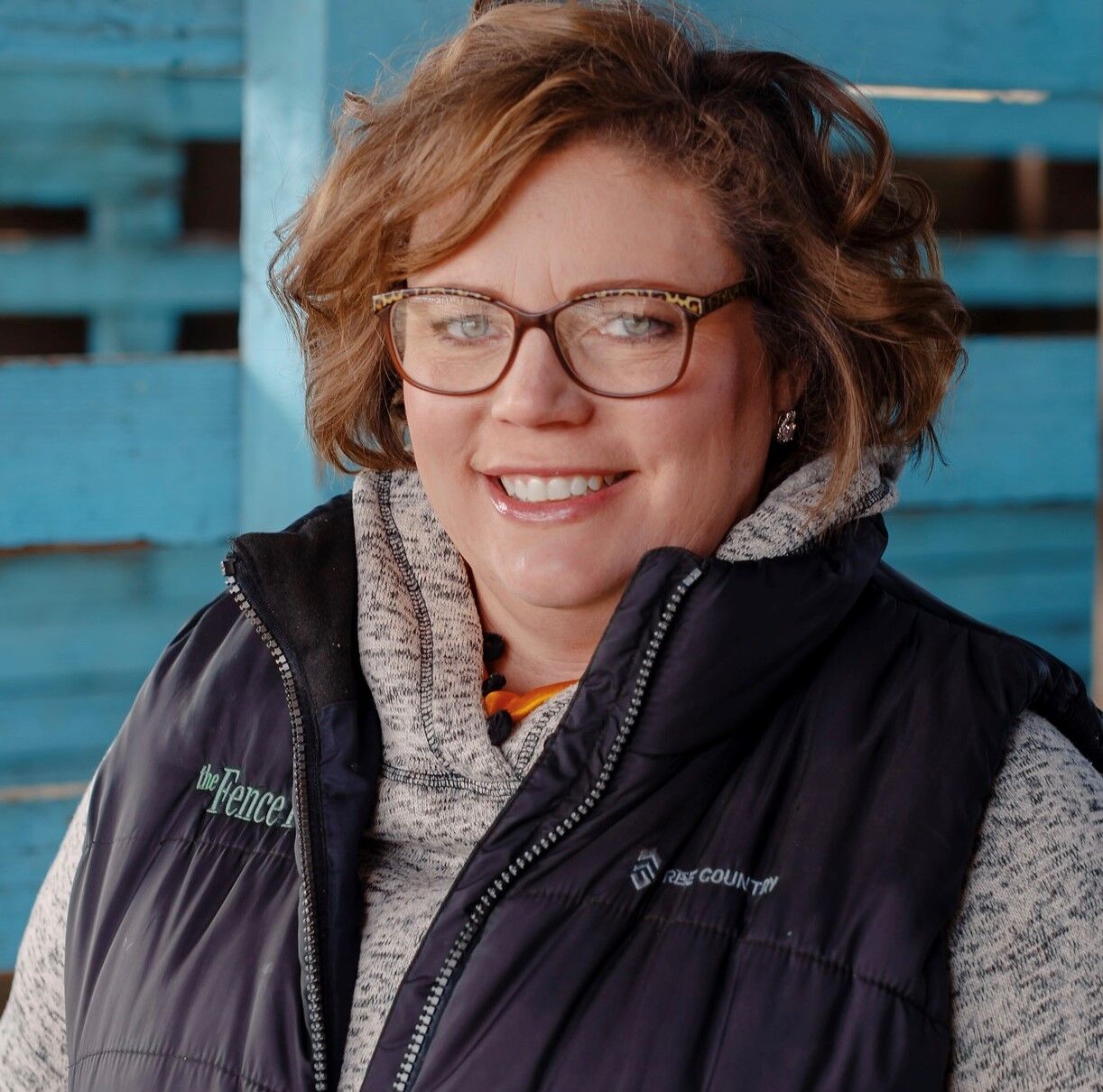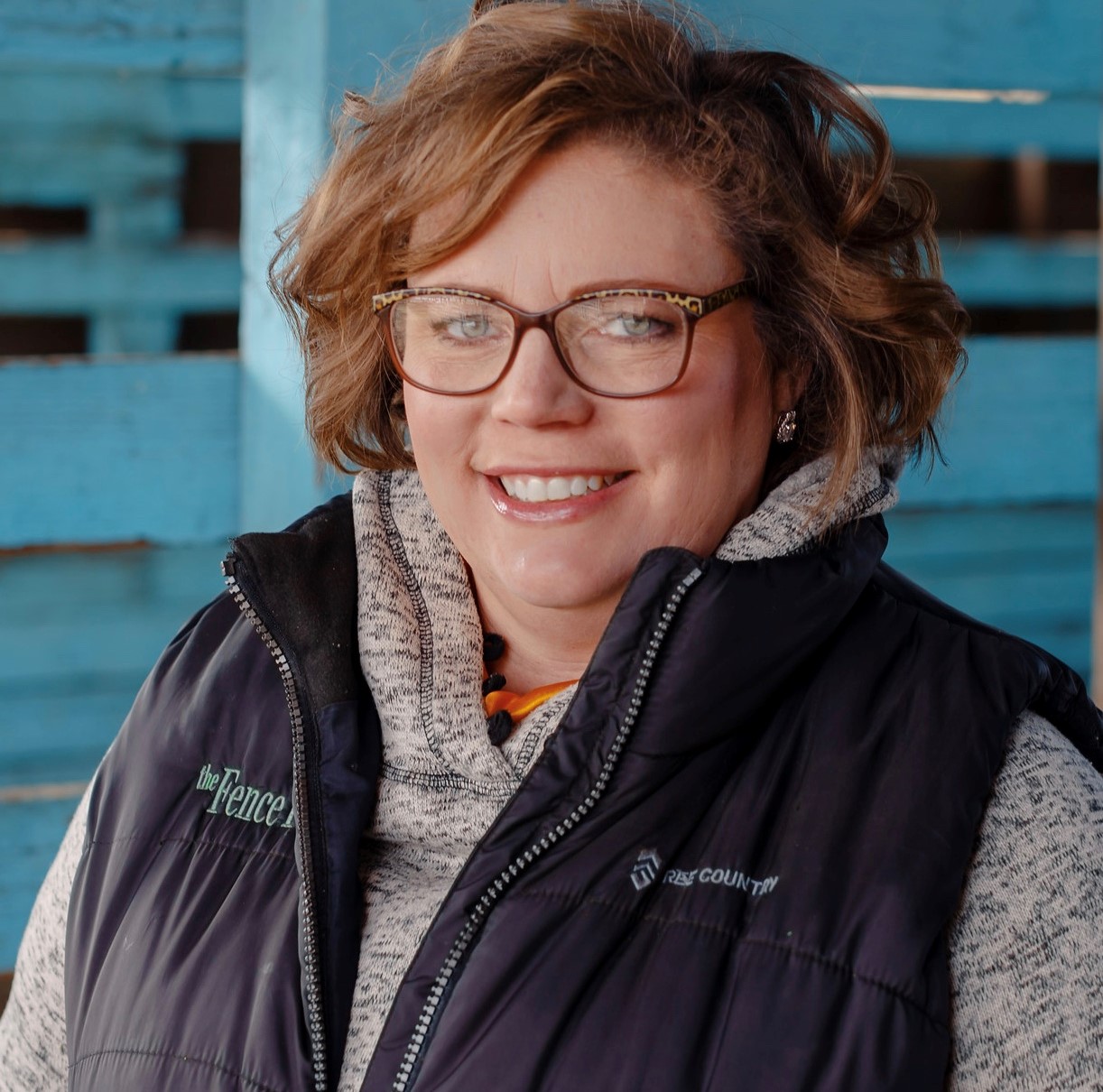Colorado ranchers are heroes in hard winter times | GABEL


They spent the day before the storm getting their proverbial ducks in a row. The vehicles were fueled. The extension cords were coiled and hung. And the windbreaks were set into place to block the cattle from the wind. Tractor block heaters were all plugged in and double-checked again. Hay and straw bales were moved to be more easily accessible, and a few were strategically placed to block wind and prevent drifts.
The next morning, it was exactly the conditions the weather forecast predicted. With the kids hunkered down to watch cartoons, they made their way to the cattle and not a one missed a meal, though it took them every minute of daylight the day allowed.
At the family feedyard, her phone dinged, and she almost didn’t open the text. She joined her dad in the family cattle feeding business out of college and this day had been a long one at the yard. The drifts were so deep they covered pipe pen fences. The bunks – miles of them – had to be dug out and paths to the waters had to be made. She was tired to her bones.
The text sent to her was a post by a Denver television station. She saw video footage of cattle in their yard, backs turned into the wind and their faces and bodies caked with snow. The comments were what she had expected, and she scrolled through them, knowing she shouldn’t.
“These ranchers should be ashamed of not caring for these poor cows.”
“If this doesn’t prove that ranchers hate their animals, I don’t know what will.”
“Those poor babies are so cold! They should be in a barn!”
She sighed and started to type out a comment explaining how snow on cattle’s backs is indicative of body heat being utilized and not escaping. Snowy backs equals warm cows. And it’s not safe, feasible or possible to put hundreds of cows in a barn without huge expense and sickness from overcrowded conditions. She stopped and reminded herself no keyboard warriors were there with any interest in the truth. She set the phone aside and made another trip to the coffee pot.
The sheriff’s pickup pulled up to his house and he had the door open when the young deputy reached it in the blowing snow. There had been a cattle truck run off the road and they hoped he could help. In minutes, he and his sons rolled out of the yard with a trailer, a portable corral and a chute to reload the cattle and pull the rig out of the ditch.
The ranchers were able to quietly and quickly off-load the cattle into the corral, expertly back to the chute, and reload them on the waiting trailer to make their way to their destination. The sheriff, a former ranch kid himself, knew the agriculture community could be counted upon for jobs like this: donations for kids’ Christmas toys; to keep an eye out for nefarious activity on lightly traveled back roads; and for warm handmade quilts he had used to wrap cold and scared children after a vehicle accident.
Not far from there, a wife’s phone chimed letting her know her husband was finally on his way home. Their proximity to the interstate and his ability to operate tractors meant it was him they often called when travelers were stranded. He had already pulled out a state trooper as well as a family from Illinois that day. He came through the door stomping off his boots with an unfamiliar man behind him. The stranded traveler wouldn’t be able to go any further with roads closed and there are no hotels along this stretch of eastern Colorado. She smiled at him, and her daughter asked if he would like to decorate sugar cookies with them while he warmed up and waited for dinner.
Agriculture is an industry that is filled with good people. With a few bad players excepted, the ag community works hard to care for land and stock. They are managing multimillion dollar businesses and though they may do it in dirty shirts, they must be economists, managers, scientists, veterinarians, nutritionists, soil scientists, political lobbyists and philanthropists. Oftentimes they take on the roles all before lunch. Agriculture can be counted upon by consumers to be the experts in their given fields and depended upon to be stewards of livestock, open spaces, wild places, habitat, communities and the environment. It is, after all, all in a day’s work.
Rachel Gabel writes about agriculture and rural issues. She is assistant editor of The Fence Post Magazine, the region’s preeminent agriculture publication. Gabel is a daughter of the state’s oil and gas industry and a member of one of the state’s 12,000 cattle-raising families, and she has authored children’s books used in hundreds of classrooms to teach students about agriculture.













